Is Cleaning Vinegar the Same as White Vinegar?
Do you need a special kind of cleaning vinegar or will simple, white vinegar work just as well?
Updated Oct. 20 2020, 3:37 p.m. ET
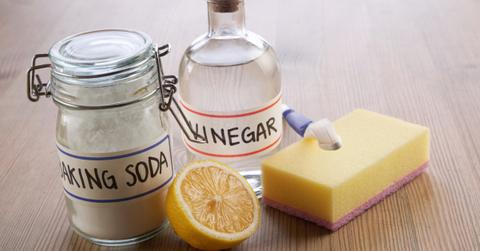
Green cleaning is all the rage nowadays. There are some very good, very obvious reasons to throw out your old, toxic cleaners in favor of something much more natural — just please dispose of them in the correct way. First and perhaps most importantly is how much healthier green cleaners are for your home and your family.
Most “home remedy” type articles, and a few grandmothers, already sing the praises of vinegar as an effective and cheap alternative to other household cleaners. Vinegar has been used as an antiseptic for centuries. It kills germs, helps breakdown mild stains, and is perfect for breaking down real stuck-on messes. But what about all this new "cleaning vinegar" you’ve been hearing so much about?
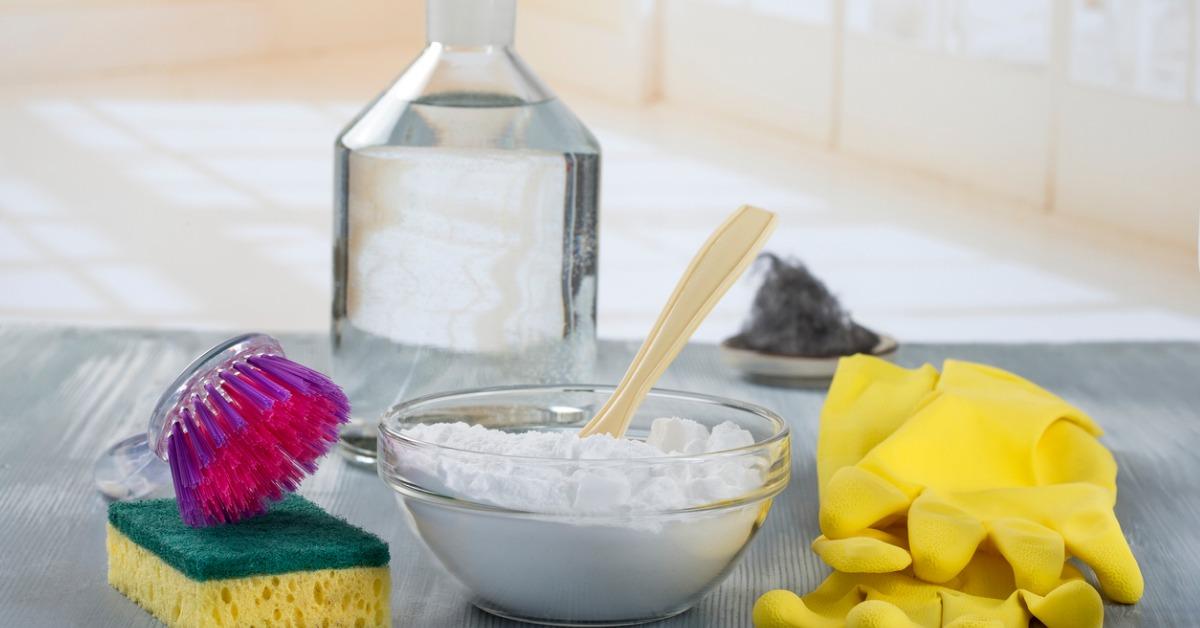
Why is vinegar good for cleaning?
Vinegar’s acidity is what makes it a good substitute for many cleaning agents. It is environmentally safe. It’s good for pets, people, and children. Apple cider vinegar works too, but its coloring gives it the potential to stain, especially when used on things like laundry. It’s best to stick to white vinegar for textiles.
What's the difference between vinegar and cleaning vinegar?
It's important to note that regular, white vinegar is made up of about 5 percent acetic acid and 95 percent water. Cleaning vinegar has about 6 percent acidity. But that 1 percent is a big difference. It makes cleaning vinegar 20 percent stronger overall than its commonplace competitor. However, that doesn’t make it “better,” per se. Both can be used to effectively clean many different items and surfaces — though the higher acidity of cleaning vinegar can work against you in some cases.
What can and can’t be cleaned with vinegar?
As an antiseptic, vinegar can be used to clean bathroom surfaces like your toilet, sink, and tiles. It can also be used to clean glass surfaces, leaving no streaks and costing far less than a bottle of Windex. It can be used on the microwave to help break down gunk and stains. You can even add vinegar to your laundry to remove stubborn odors.
There are a few things vinegar cannot clean. Hardwood floors, for example, cannot be cleaned with vinegar because the acidity can damage the wood. Vinegar should never be used on granite, marble, or metal surfaces like knives. The acidity will eat away the protective coating and eventually the metals themselves. It will also cause the granite or marble to lose its shine by removing the protective layer.
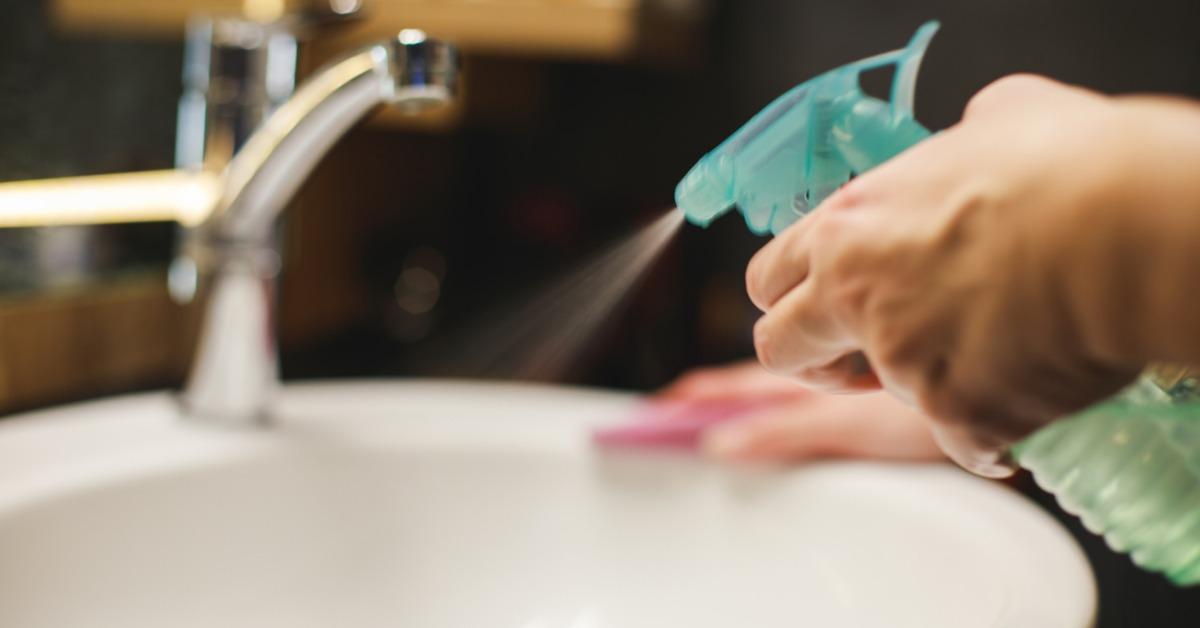
Can I consume cleaning vinegar the same way I would white vinegar?
Please, we implore you, do not do this! Yes, cleaning vinegar does say “vinegar” on the bottle, and while it contains only 1 percent more acidity than white vinegar, it is not for eating. Don’t mix it with your Good Seasons, don’t throw it in a health nostrum, don’t eat it. Cleaning vinegar is for cleaning and cleaning only. The best way to avoid temptation is to store this vinegar with your cleaning supplies and leave the white stuff in the pantry.
Which vinegar is superior?
This last bit sort of brings us to the next point: cleaning vinegar is a single-use product. White vinegar is both a cleaner and a tasty ingredient in many culinary delights. In that way, and in many others, white vinegar is far superior to cleaning vinegar.
Think of it this way, when was the first time you saw cleaning vinegar on a supermarket shelf? Recently, right? That’s because companies caught on to the same information our Nanas have been telling us for decades: vinegar cleans well and can be used for cooking. That said, cleaning with white vinegar is definitely going to make your surfaces a little smelly. Clean, mind you, but smelly. (Luckily, the smell dissipates after just a few minutes.)
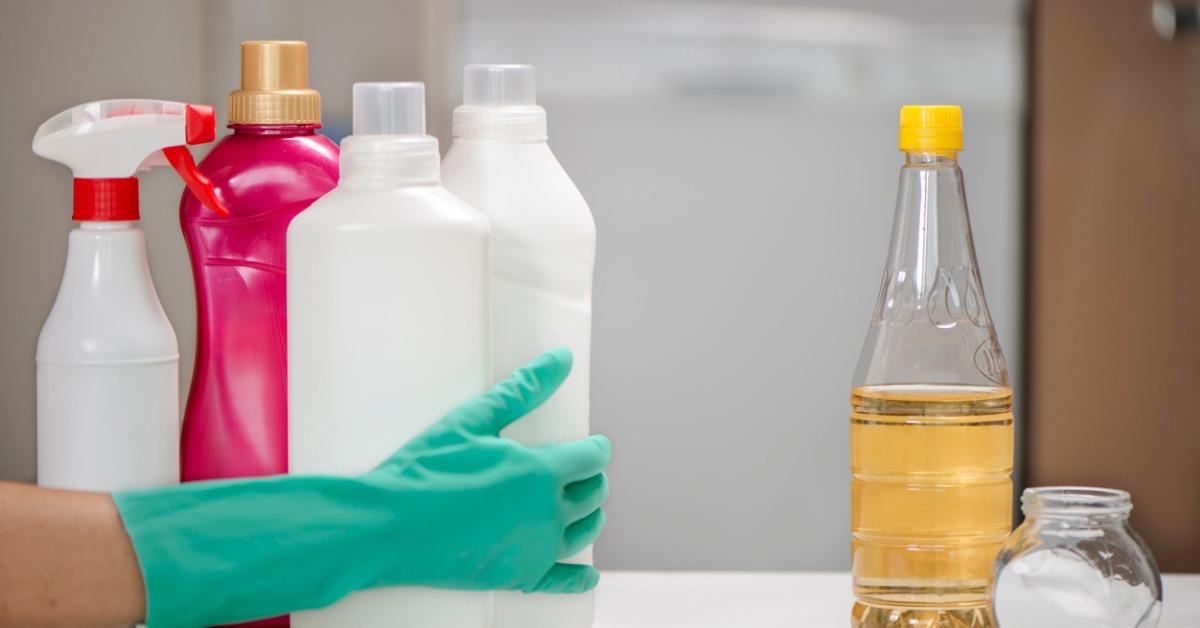
Where can I buy cleaning vinegar?
Many big brand cleaning names have gotten into the vinegar game and these days, supermarkets sell cleaning vinegar down the same aisle as the Formula 409. (See? They store it with the chemicals too)
There are several generic brands out there and a few mail-order services like Grove that sell forms of cleaning vinegar. They are all about the same, though some have added scents that cover up the harsh vinegar smell.
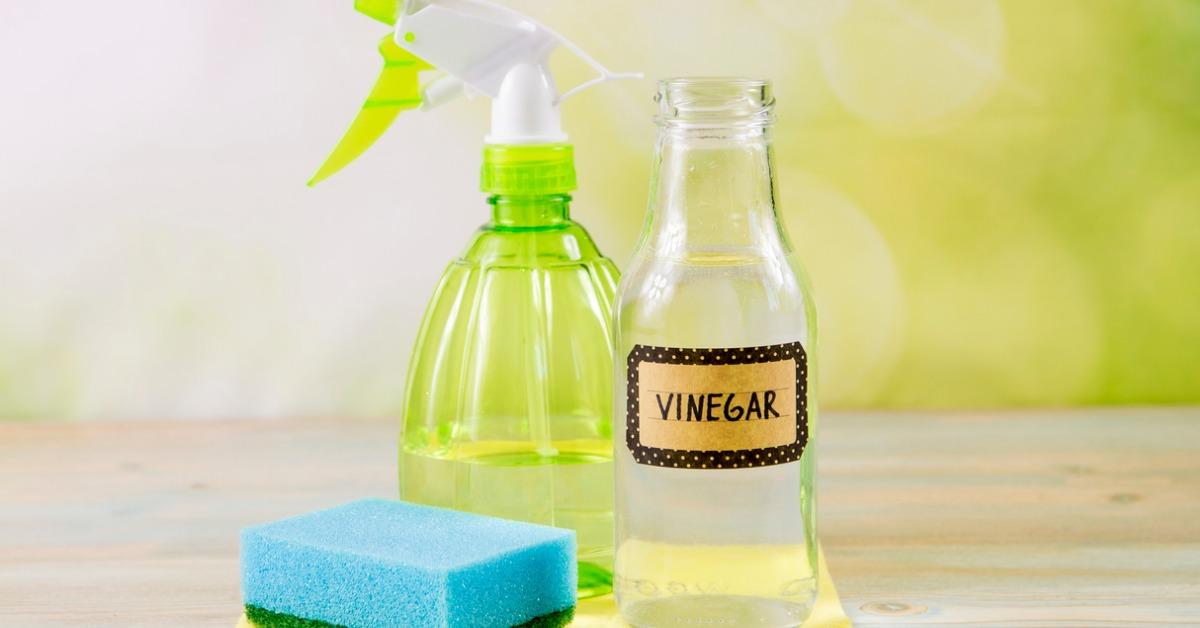
How do I dispose of my old cleaners?
Getting rid of hazardous chemicals of any kind is always a tough thing. Despite what some folks may think, not everything can be just poured down the toilet. At the same time, many of these products contain hazardous ingredients that should not be thrown into a landfill either. That said, some of these are safe enough that they can be dumped down the drain and diluted.
These include some liquid, gel, or powdered cleaners. Once empty, their plastic bottles and aerosol cans can be recycled as well. As for the really toxic stuff like paint thinner? You’re going to have to take it to your local waste disposal site so they can get rid of it properly.